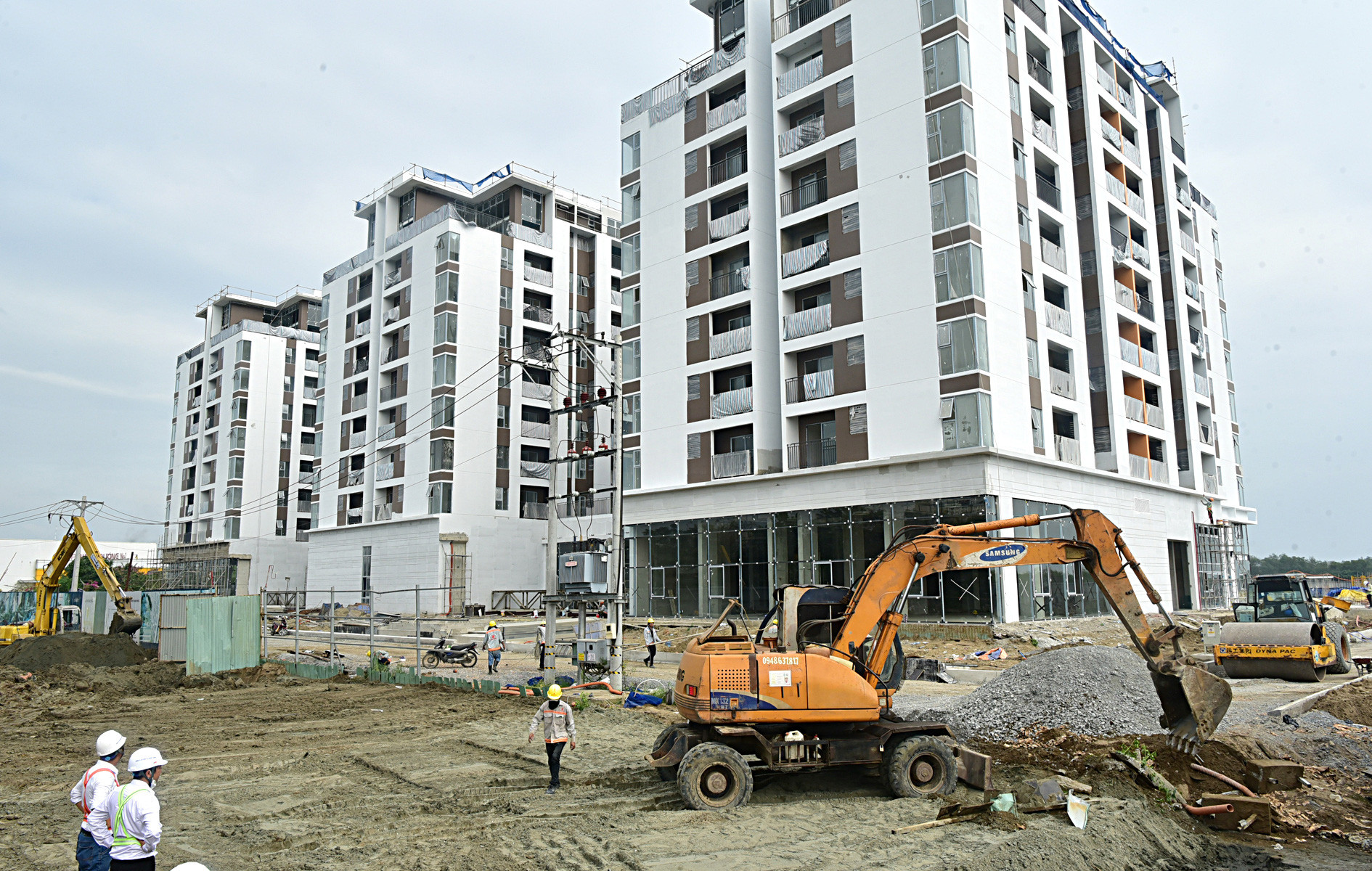The Vietnam Academy of Social Sciences believes that housing prices are quite different from people's income.

In a report analyzing, forecasting the situation and advising on socio-economic development policies in the first four months of 2024 sent to the Government, the Vietnam Academy of Social Sciences said that housing prices have increased sharply in big cities such as Hanoi and Ho Chi Minh City.
Although the two localities of Hanoi and Ho Chi Minh City have housing prices at the average level in the region, the difference is quite large compared to people's income.
Citing data from the Asia-Pacific Housing Affordability Index 2023 report by the non-profit Research and Education Institute (ULI, 2023), in Ho Chi Minh City, the average house price is about 296,063 USD (equivalent to 7.5 billion VND), while the average income of a household is only 9,120 USD/year (about 231 million VND).
In Hanoi, the corresponding indexes are 182,290 USD (equivalent to 4.6 billion VND) and 9,967 USD/year (about 253 million VND).
This leads to the gap between housing prices and income in Ho Chi Minh City at 32.5 times, the second highest in the region, only after Shenzhen at 35 times. This level is even higher than Beijing (29.3 times), Shanghai (24.1 times) and Hong Kong - China at 26.5 times.
In Hanoi, this index is 18.3 times, higher than Seoul's 17.3 times, Tokyo's 16.1 times and Singapore's commercial housing's 13.7 times.
According to the assessment of the Vietnam Academy of Social Sciences, the gap between housing prices and people's income is growing, potentially posing a risk of reducing national competitiveness, when workers have a need to continuously increase their salaries to have the opportunity to keep up with the increase in housing prices.
According to this agency, the increase in real estate prices in big cities will not benefit the real economy. The reason is that this increase does not lead to investment, construction of new houses, to create more jobs, but only the act of buying and selling goods that are already on the market.
Notably, the market still seems to have an oversupply in the high-end segment while the mid-range segment is still severely lacking. Therefore, the solution to deal with the bottleneck of the real estate market is to quickly increase the supply of mid-range housing and limit speculation in the high-end segment.
This solution also helps to reduce the negative effects of increasing inequality caused by the recent increase in housing prices. The reason is that housing prices have increased mainly in the high-end segment, which is the property of the rich in society, who often own more than one house.
Meanwhile, people with low and middle incomes have little chance of owning a home, and their ability to buy a home is even more remote when house prices are as high as they are today.
TB (according to Tuoi Tre)